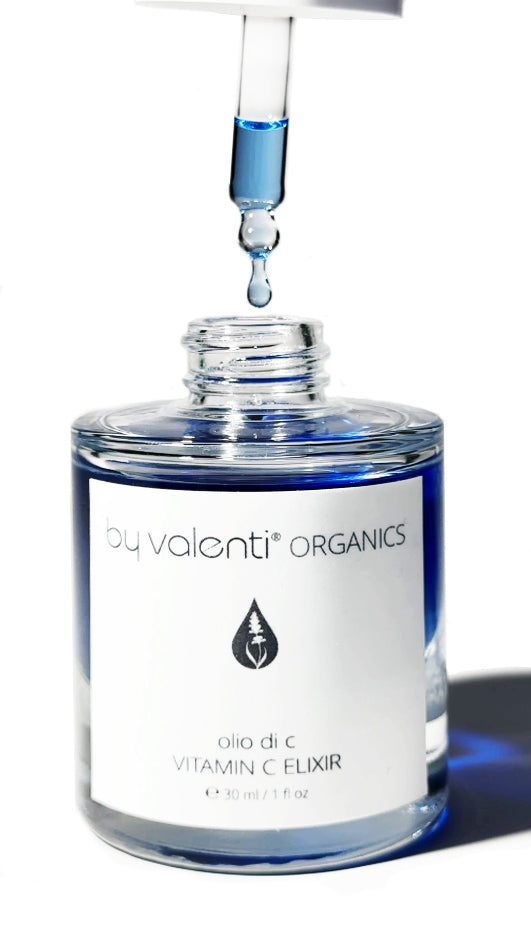Rethinking sunscreen: Time to reconsider its role and how it is not part of your skincare routine
Carol MillerShare
Cleanse, Tone, Moisturize, SPF?
In the realm of skincare, certain practices have become gospel over the years. Among these is the steadfast promotion of sunscreen as an essential part of a "skincare routine." From glossy magazine spreads to expert endorsements, sunscreen’s role in preventing sun damage and premature aging has been ingrained into public consciousness—sometimes at the expense of common sense and context.
However, scientific advancements and a more nuanced understanding of skincare are leading many to question whether sunscreen truly belongs in the definition of a skincare routine. After all, we don’t consider getting dressed part of taking a shower. So why is SPF categorized alongside cleansing, toning, and moisturizing?
The Sunscreen Paradigm
For decades, sunscreen has been marketed as the primary defense against the harmful effects of ultraviolet (UV) radiation. UV rays are widely recognized as a cause of sunburn, premature aging, and skin cancer, making sunscreen a must-have in many regimens. Yet its proper role has always been as a protective layer to be applied after caring for the skin, rather than as a direct part of skincare itself.
Evolving Research on Sunscreen
Recent studies have added complexity to the sunscreen narrative. While SPF products block UVB rays effectively (those responsible for sunburn), many fail to offer complete protection against UVA rays, which penetrate deeper into the skin and are linked to long-term damage. A study published in the Journal of the American Academy of Dermatology highlighted this limitation, suggesting that reliance on sunscreen alone could provide a false sense of security.
Additionally, environmental and health concerns surrounding chemical sunscreens—particularly oxybenzone and octinoxate—are gaining attention. These compounds are implicated in coral reef damage and potential health risks, as studies have detected sunscreen ingredients in the bloodstream.
The Case for a Holistic Skincare Approach
Holistic skincare prioritizes overall skin health rather than relying on singular solutions. Proper cleansing, moisturizing, and nourishment are vital for maintaining the skin’s resilience, which sunscreen alone cannot provide. Overemphasizing SPF may lead individuals to neglect these foundational steps.
The Vitamin D Dilemma
Sunlight is the most natural source of vitamin D, essential for bone health, immune function, and overall well-being. Overuse of sunscreen can inadvertently limit sun exposure, potentially contributing to widespread vitamin D deficiency. Short, unprotected exposure during low-risk times—such as early morning or late afternoon—may support healthy vitamin D levels without significantly increasing UV-related risks.
Environmental and Health Concerns
Chemical sunscreens are not without their drawbacks:
- Marine Ecosystems: Ingredients like oxybenzone and octinoxate contribute to coral bleaching and harm marine life.
- Health Impacts: Research has shown that some chemical UV filters can enter the bloodstream, raising questions about their long-term safety.
These concerns have led to a growing preference for mineral-based sunscreens, which rely on zinc oxide or titanium dioxide to reflect UV rays and are less likely to cause harm to the environment or the body.
Rethinking Sunscreen in Your Routine
Sunscreen should be viewed as a protective measure, not a skincare treatment. While it is necessary in certain situations, like prolonged outdoor exposure, it may not always be required for short, low-risk activities. Instead, protective clothing, seeking shade, and strategic exposure to sunlight can often suffice, reducing reliance on SPF products.
Striking a Balance
Rather than abandoning sunscreen altogether, adopting a balanced approach can optimize both skin health and sun protection. For example:
- Use sunscreen during extended outdoor activities, particularly in peak sunlight hours.
- Incorporate sun-protective habits, such as wearing wide-brimmed hats and UV-blocking clothing.
- Choose mineral-based sunscreens to reduce environmental impact.
- Avoid overusing sunscreen in low-exposure settings to support natural vitamin D synthesis.
A New Perspective on Skincare
As the conversation around skincare evolves, it’s crucial to question entrenched practices. Sunscreen remains a valuable tool in protecting against UV damage, but it is not a panacea. By embracing a broader, more thoughtful approach to skincare that emphasizes cleansing, moisturizing, and personalized protection strategies, individuals can achieve healthier, more resilient skin without relying excessively on SPF.








